Waiting for a Visa Pdf English Free Download
Waiting for a Visa Pdf English
- Format: Pdf
- Price: Free
₹0.00
Order Waiting for a Visa Pdf English Free Download On WhatsApp
Description
Waiting for a Visa Pdf English Free Download
Waiting for a Visa is an autobiographical work written by Dr. B. R. Ambedkar, the principal architect of the Indian Constitution and a towering figure in the fight against caste-based discrimination in India. Though brief in length, this powerful book provides a profound insight into the systemic oppression faced by the Dalit community, also known as the “untouchables,” through the personal experiences of Dr. Ambedkar himself.
The book is more than just an autobiography; it is a scathing indictment of the caste system that has plagued Indian society for centuries. It provides a window into the lived experiences of one of India’s most significant social reformers, chronicling his struggles, his indignation, and his unwavering resolve to fight for justice. It remains a vital work for understanding the complexities of caste and the deep-rooted social inequalities that continue to affect millions in India.
Waiting for a Visa was written by Dr. B. R. Ambedkar in 1935 as a part of his larger efforts to highlight the plight of the Dalits and to push for social reform in India. The book consists of six poignant episodes, each recounting a personal experience of caste discrimination that Dr. Ambedkar faced in his life. These episodes are not just isolated incidents but are representative of the widespread and systemic nature of caste-based oppression.
The narrative is direct, vivid, and deeply personal, offering readers a firsthand account of the humiliations and hardships faced by those considered “untouchable” in Indian society. It is not just a recollection of past events but a powerful call to action against the dehumanizing practices of caste discrimination.
Waiting for a Visa delves deep into several critical themes, each highlighting a different facet of caste-based oppression:
- Caste Discrimination: The core theme of the book is the brutal reality of caste discrimination. Through his personal experiences, Dr. Ambedkar exposes the pervasive nature of caste prejudice that affects every aspect of life—from travel and education to employment and healthcare.
- Social Inequality: The book is a powerful commentary on the social inequalities that are entrenched in Indian society. It illustrates how these inequalities are maintained through systemic oppression and social ostracism.
- Human Rights: Dr. Ambedkar’s narrative underscores the denial of basic human rights to Dalits. Whether it is the right to water, the right to work, or the right to medical care, the book shows how Dalits were systematically deprived of their fundamental rights.
- Resilience and Resistance: Despite the numerous humiliations and hardships, Dr. Ambedkar’s story is also one of resilience and resistance. His determination to fight against caste oppression and to seek justice for his community is a recurring theme throughout the book.
- The Role of Education: Another significant theme is the role of education in Dr. Ambedkar’s life. While education empowered him and provided him with opportunities, it also highlighted the stark reality that social change requires more than just personal success—it requires collective action and systemic reform.
Style and Language
Dr. Ambedkar’s writing in Waiting for a Visa is clear, concise, and devoid of any literary embellishments. His language is straightforward, which makes the stark reality of the situations he describes all the more powerful. The simplicity of his prose allows the gravity of his experiences to resonate with readers, making the book both accessible and impactful.
The book’s brevity is one of its strengths. In just a few pages, Dr. Ambedkar is able to convey the deep-seated and systemic nature of caste discrimination. The episodic structure of the book ensures that each incident is given the attention it deserves, without overwhelming the reader with unnecessary details.
Relevance Today
Although Waiting for a Visa was written nearly a century ago, its relevance has not diminished. Caste discrimination, though outlawed, continues to persist in various forms in India. The book serves as a powerful reminder of the injustices that have been, and in many cases, continue to be perpetrated against marginalized communities.
For readers today, Waiting for a Visa offers a crucial perspective on the social history of India and the ongoing struggle for equality and justice. It is a must-read for anyone interested in understanding the roots of caste-based oppression and the resilience of those who have fought against it.
Critical Reception
Waiting for a Visa has been widely studied and analyzed by scholars, activists, and students of social justice. It is often included in academic curricula on Indian history, caste studies, and human rights. The book is praised for its unflinching honesty and its ability to convey complex social issues through personal narrative.
While the book is short in length, its impact is profound. Many readers and scholars consider it a seminal work in understanding Dr. Ambedkar’s thoughts and experiences, as well as the broader struggle for Dalit rights in India.
Waiting for a Visa is not just an autobiography; it is a testament to the resilience and strength of the human spirit in the face of relentless oppression. Dr. B. R. Ambedkar’s account of his experiences as a Dalit serves as both a historical document and a call to action against the enduring injustices of caste discrimination.
The book is a powerful reminder that the fight for equality and human rights is ongoing and that the lessons of the past must be heeded to build a more just and equitable future. For anyone seeking to understand the social fabric of India, the roots of its inequalities, and the unwavering resolve of those who have fought against them, Waiting for a Visa( viza ke intzar mein) is an essential read.
#waitingforavisa, #Visakeintzarmein, #Ambedkar, #bhimraoambedkar







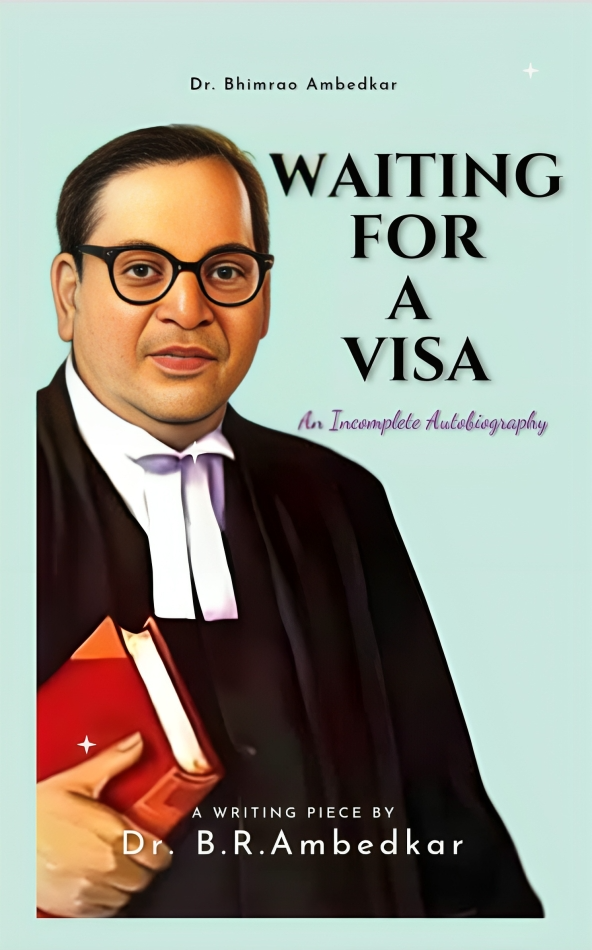
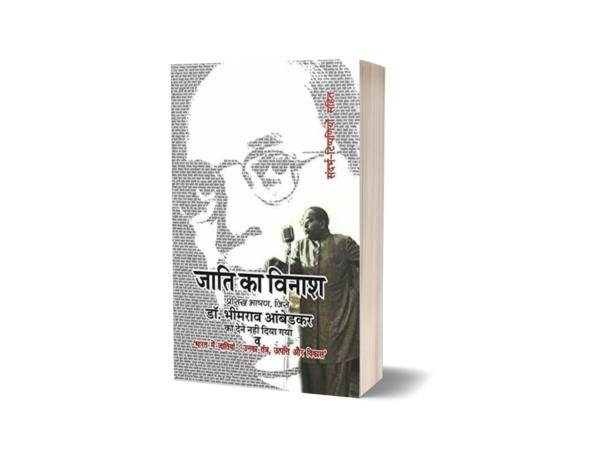
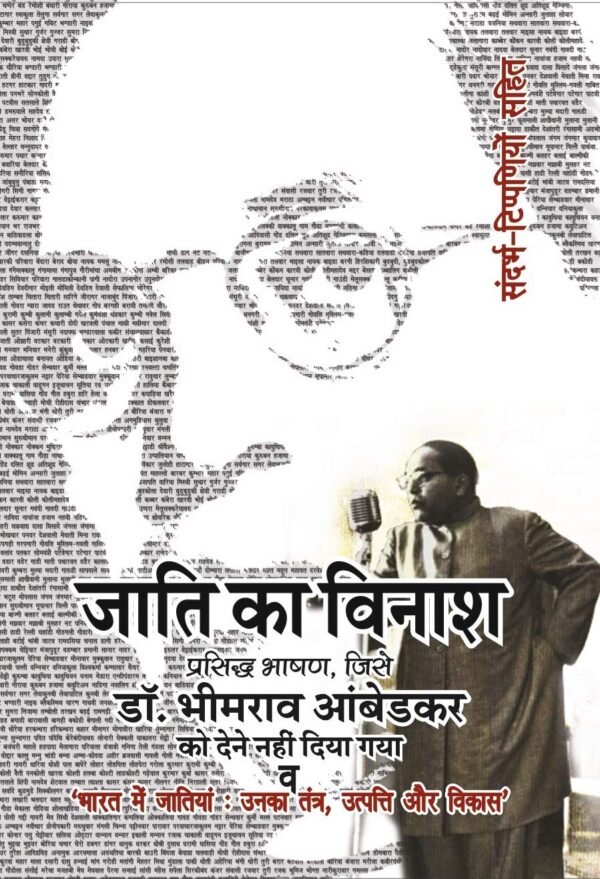
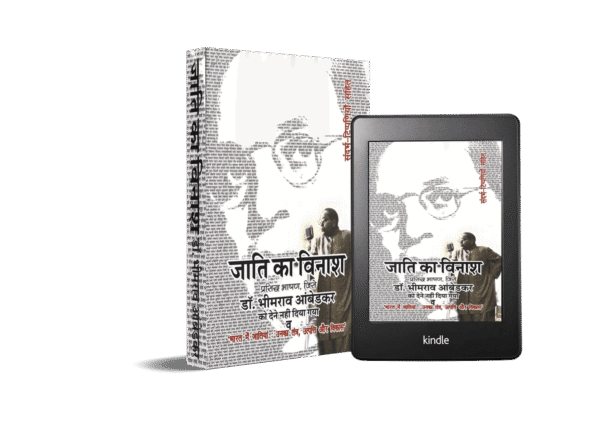
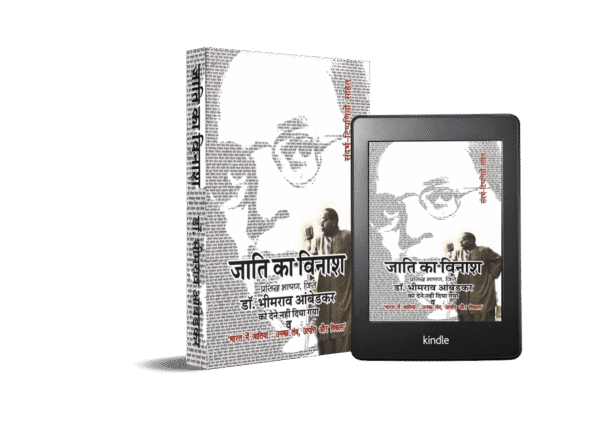
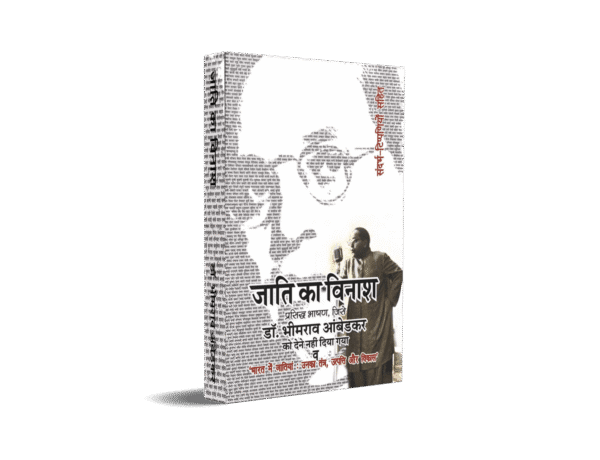






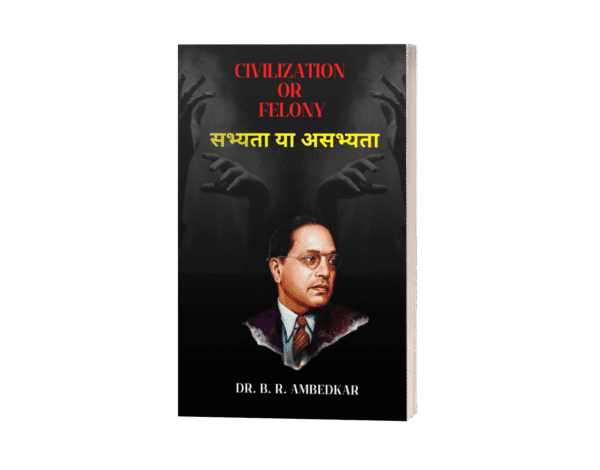
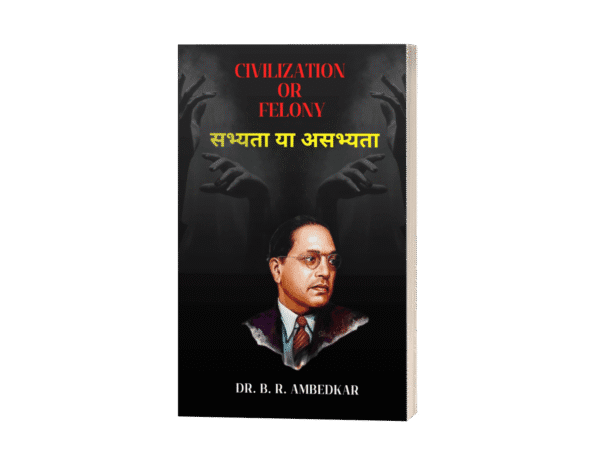

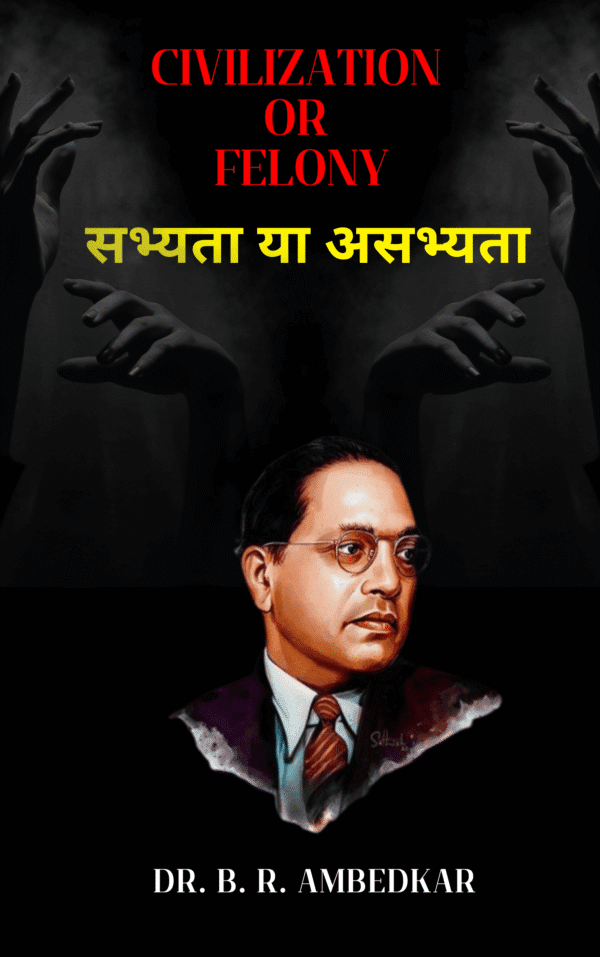
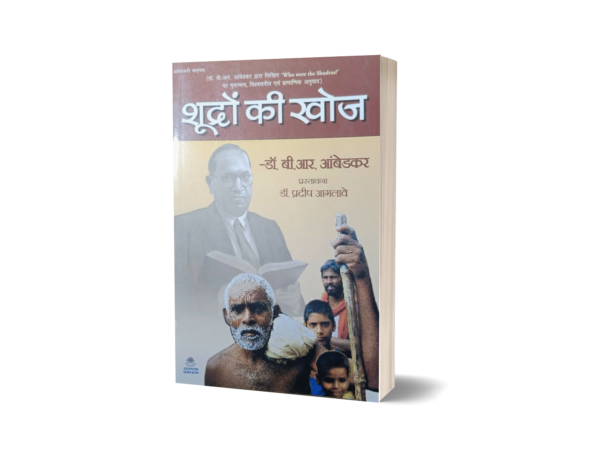
Reviews
There are no reviews yet.